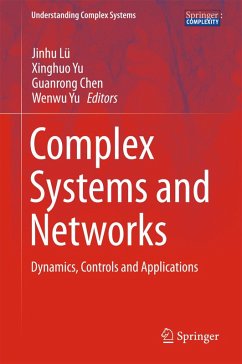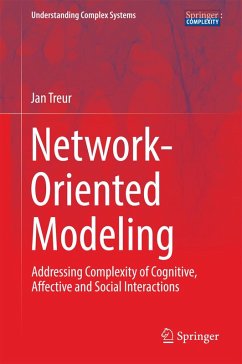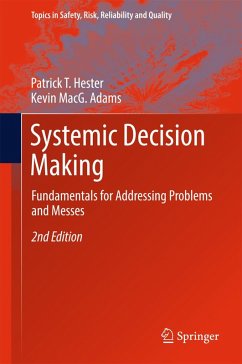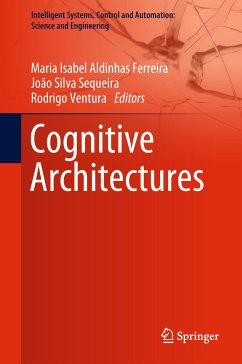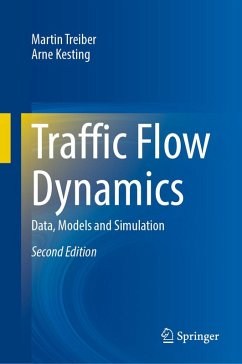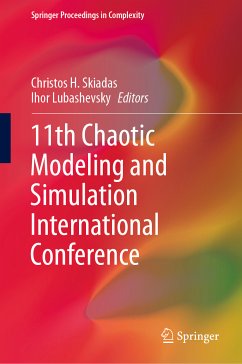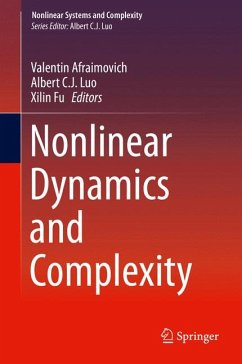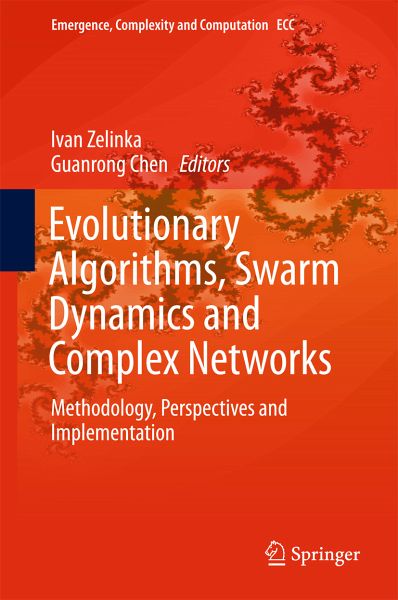
Evolutionary Algorithms, Swarm Dynamics and Complex Networks (eBook, PDF)
Methodology, Perspectives and Implementation
Redaktion: Zelinka, Ivan; Chen, Guanrong

PAYBACK Punkte
36 °P sammeln!
Includes recent research in Complex Networks and Evolutionary Dynamics
Highlights the mutual relations between the dynamics of evolutionary algorithms, complex networks, and CML (Coupled Map Lattices) systems
Shows how these relations can be used to simulate spatiotemporal deterministic chaos
Highlights the mutual relations between the dynamics of evolutionary algorithms, complex networks, and CML (Coupled Map Lattices) systems
Shows how these relations can be used to simulate spatiotemporal deterministic chaos
Dieser Download kann aus rechtlichen Gründen nur mit Rechnungsadresse in A, B, BG, CY, CZ, D, DK, EW, E, FIN, F, GR, HR, H, IRL, I, LT, L, LR, M, NL, PL, P, R, S, SLO, SK ausgeliefert werden.



